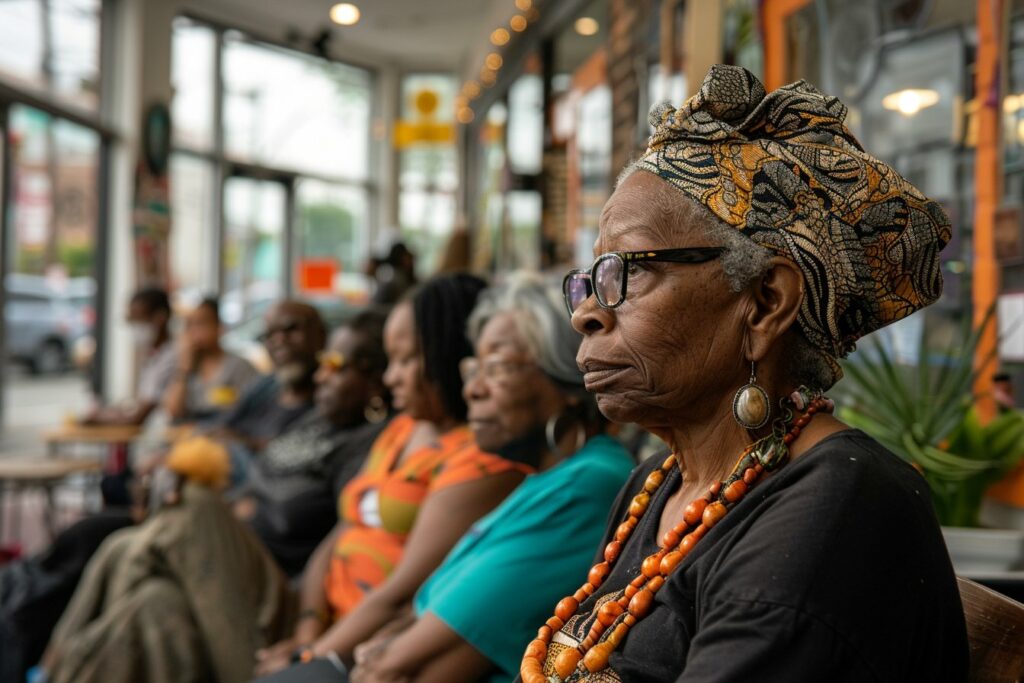The Prevalence of Anxiety in Black Americans
Anxiety is a common mental health condition affecting people of all racial backgrounds. However, research indicates that anxiety may manifest differently in Black Americans, who are more likely to experience it than white Americans. According to Census Bureau data, rates of anxiety spiked among Black Americans following the murder of George Floyd in police custody. In this article, we will delve into the factors contributing to anxiety in Black communities, debunk common myths and stigmas surrounding mental health, and explore potential treatments and coping strategies.
Common Causes and Risk Factors for Anxiety
There are several causes of anxiety that affect people across racial groups. Some common causes include:
- Early trauma or abuse
- Family history, including genetic and early environment
- Shy or inhibited temperament
- Certain medical conditions, such as heart and thyroid disease
Black Americans face additional risk factors for anxiety, specifically stemming from racial trauma. These risk factors include:
- Exposure to racism and racist abuse
- Effects of racism like fewer opportunities and less safe communities
- Higher rates of trauma, including violence and police violence
Physical Symptoms and Long-term Effects of Anxiety
Anxiety can present various physical symptoms, including racing heart, chest tension, feeling anxious or afraid, irritability, engaging in compulsions, avoiding triggers, experiencing nightmares and flashbacks, trouble concentrating, specific fears and phobias, and tension-related ailments such as chronic muscle pain. Over time, anxiety can erode mental and physical health due to the chronic stress of racial trauma and racism. On average, Black individuals live shorter lives than white individuals, with mental health being worse among Black Americans who have a higher rate of serious mental health issues.
Higher Rates of PTSD and Suicide Among Black Americans
Since PTSD cannot exist without trauma, high rates of racial trauma may play a key role in mental health within Black communities. Suicide rates are rising in the Black community, especially among children. Among high school students, 9.8% of Black students report attempting suicide compared with 6.1% of their white peers. Furthermore, suicide attempts among white teens decreased between 1991 and 2017, but the rate rose among Black teens during this period.
Suicide Prevention
If you know someone at immediate risk of suicide, ask if they are considering taking their life. Listen without judgment and offer support and understanding.
Common Myths About Anxiety in Black Communities
Some common myths surrounding anxiety in Black communities include that it is a choice or personal problem, fixable through attitude adjustment or prayer. There is a stigma against seeking mental health care, especially among Black children, as having a mental condition may be seen as weakness. Many worry about being labeled as “crazy.” In therapy, there may be concerns about the use of racist norms. For many Black individuals, access to support for mental health issues is less available.
Treatments and Coping Strategies for Anxiety
For managing anxiety, a combination of therapy, medication, self-care, connecting with others, and understanding the intersection of race on anxiety can be helpful. Therapy, particularly with a therapist specializing in racial trauma, can help identify triggers and develop coping skills. Medications such as anti-anxiety drugs can provide relief from symptoms. Good self-care, including regular exercise, quality sleep, and a balanced diet, is essential for overall well-being. Connecting with others who understand the impact of race on anxiety can offer solace and support.
By acknowledging and addressing the unique factors contributing to anxiety in Black Americans, we can work towards dismantling stigmas surrounding mental health, improve access to culturally sensitive mental health care, and promote healing within Black communities.

